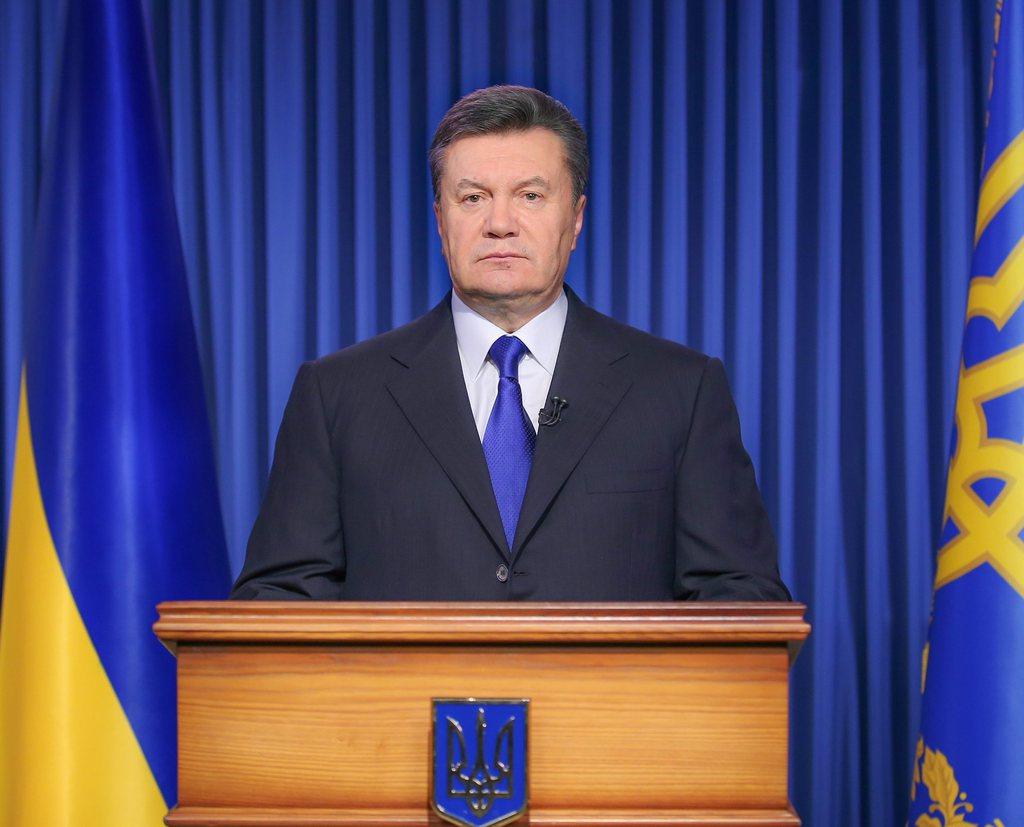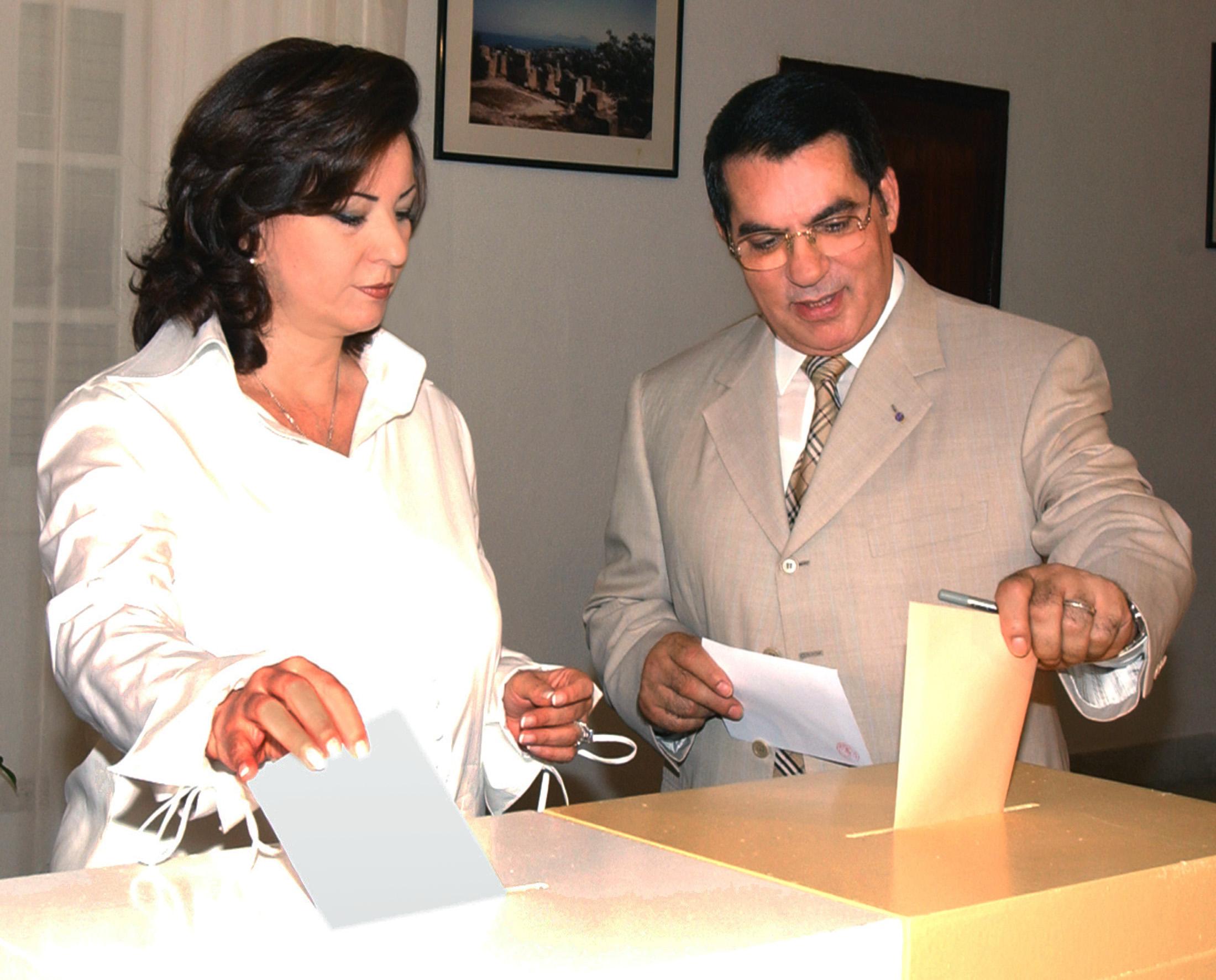Reported money-laundering cases up 24%

The number of cases reported to the Swiss Money Laundering Reporting Office (MROS) last year rose by almost a quarter, largely due to increased awareness by financial intermediaries, it has revealed.
In 2014, 1,753 suspicious activity reports (SAR) were filed to the MROS, an increase of 24% compared with the previous year and the highest number ever.
The total value of reported suspect assets also reached CHF3.3 billion ($3.4 billion), beating the all-time high of 2011 which was driven by the financial fallout of the Arab Spring.
Over 85% of cases came from the banking sector ‒ an increase of 33% ‒ while the number of SARs from other financial sectors, such as fiduciaries and asset managers, declined.
As in previous years, fraud was the most frequently reported money-laundering offence. The number of SARs involving bribery more than doubled. This was due, in particular, to one large and complex case that triggered over 50 SARs. The number of SARs involving terrorist financing fell, from 33 to 9 in 2014.
A total of 72% of all cases were forwarded to the relevant prosecuting authorities. This represents 7% fewer than in 2013 and is part of a continuing trend where MROS eliminates unsubstantiated SARs to help ease the burden on public prosecutors’ offices.
MROS is due to face significant changes in the coming months partly due to new money-laundering legislation passed by the Swiss parliament last year. The Federal Act on Implementing the Revised Recommendations of the intergovernmental body known as the Financial Action Task Force (FATF) is expected to come into force on January 1, 2016.
Under the new changes, assets will no longer be automatically frozen on submission of a SAR to MROS, but rather when MROS informs the financial intermediary that the case has been forwarded to the prosecution authorities. Furthermore, the very short deadline for analysing SARs has been extended to a maximum of 20 days, which should further improve analysis.
The revised legislation also extends the spectrum of possible offences to include for the first time serious offences related to direct taxation. It also includes the obligation that merchants submit a SAR to MROS on receiving more than CHF100,000 in cash for any given transaction.
In recent years the Swiss financial sector has been under external scrutiny. Switzerland and other members of the Organisation for Economic Co-operation and Development (OECD) have been under pressure to tighten their regulations on money-laundering.

In compliance with the JTI standards
More: SWI swissinfo.ch certified by the Journalism Trust Initiative




You can find an overview of ongoing debates with our journalists here. Please join us!
If you want to start a conversation about a topic raised in this article or want to report factual errors, email us at english@swissinfo.ch.